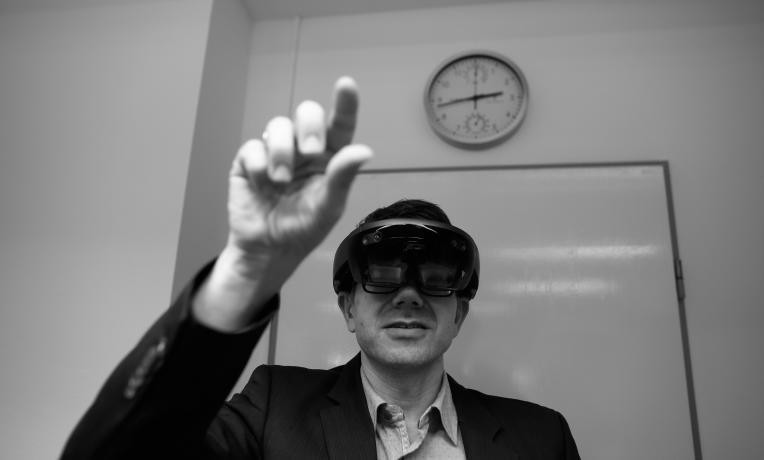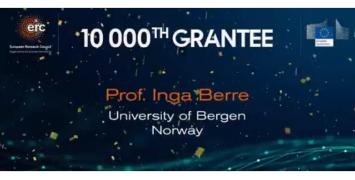Promises and pitfalls of digital gaming
Thorsten Quandt is the Professor of Online Communication at the University of Münster, Germany. He is currently the Managing Director of the Department of Communication in Münster. From 2009-2012, he was the Chair of Online Communication and Interactive Media at the University of Hohenheim. He has a particular interest in digital games, interactive media and online journalism. His research project funded by the ERC shed light on the social foundations of online gaming.
Originally published in March 2017 as part of the multimedia campaign "ERC - 10 years – 10 portraits."

I grew up in the Black Forest, in the south of Germany. It was the seventies and the early eighties, so music was very important to us. Later on I learnt to play guitar, played in a few bands. And I was also playing games. Video games were already important at that time, so we were playing Pacman, Space Invaders and that stuff.
I was always interested in research about games, because I thought games were not represented well in research. There was this very sensationalist piece of research that was looking at all the negative effects games might have, the aggressive content and how it might trigger violence in real life and whether it’s as horrible as taking real drugs. I found that very wrong because it did not represent my experience.
We observed people playing games in the lab and also in real-life conditions. The main findings were that it’s a normal part of the lives of people. There are certain groups of gamers that have problems with gaming. They really play excessively and their life is turning into a mess. But gaming is just one part of that. It's a very complex pattern that you have in the lives of these people. There are some other influences like the parents, the education, and the environment.
Nowadays I'm doing research on virtual reality and augmented reality. We look at options, how we can improve the lives of patients in hospitals, for example people that are paralysed. We're looking at the idea of whether you can give them VR devices so that you can put them in a different environment. They can sit at the beach and probably also walk around. When they're paralysed, you give them the option to actually feel their body, give them the impression that they can walk again. That might improve their condition.
To be frank, at some point in my life I thought about becoming a musician. And there is a connection between music and my work. What I enjoy most about music is to build melodies, to produce music. With empirical research I also enjoy inventing things, coming up with solutions for research questions. It's really a creative process.
Watching this video you are accepting Youtube cookies policy





